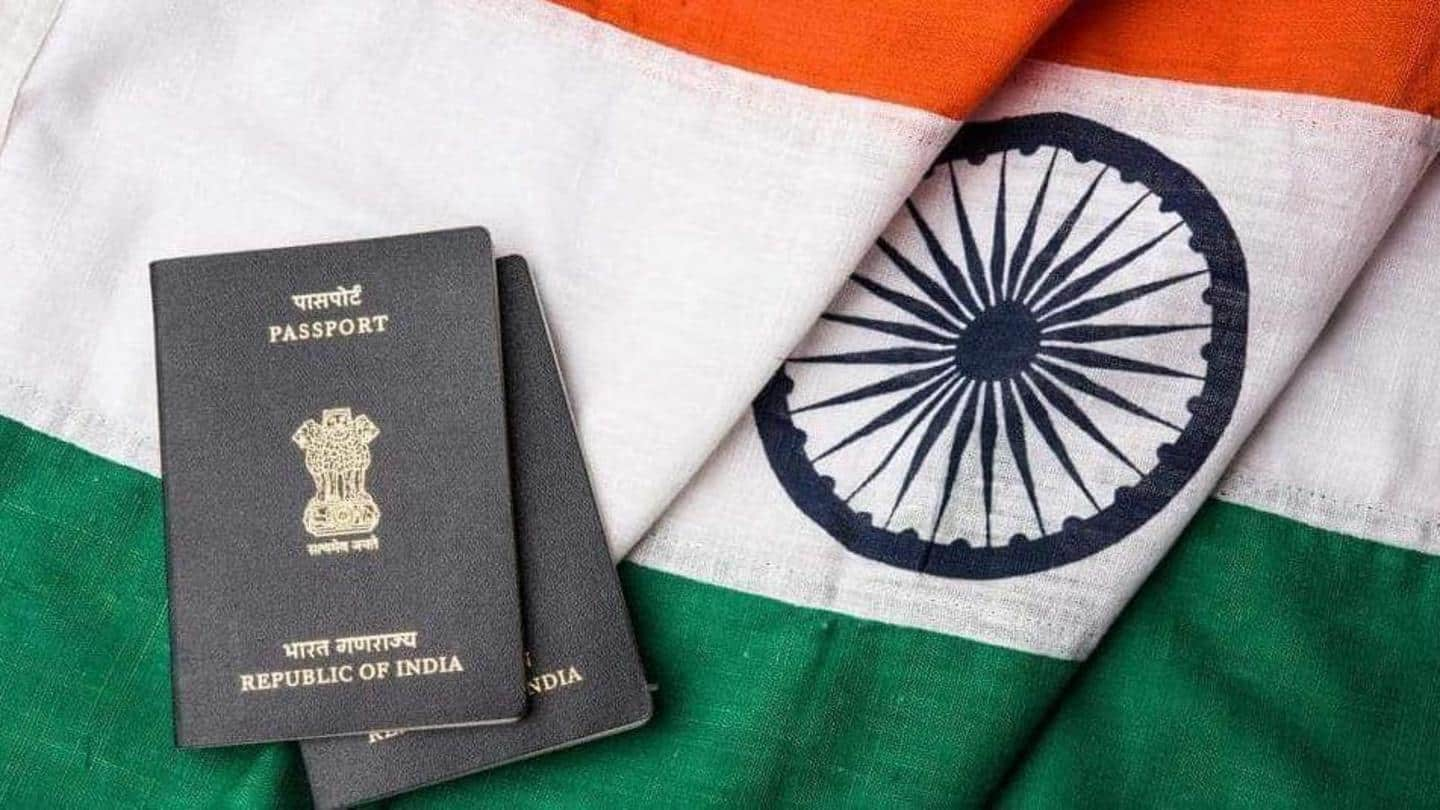
Madhya Pradesh: Six Pakistani migrants granted Indian citizenship
What's the story
Six Pakistani migrants, living in Madhya Pradesh for decades, have been granted Indian citizenship on Wednesday under the Citizenship Amendment Act (CAA), officials said.
The state's Home Minister Narottam Mishra said, "Indian citizenship has been provided to these Hindu migrants who reached here due to religious persecution in neighboring countries. The state government has completed the process and handed them Indian citizenship certificates today."
Details
Was neither Indian nor Pakistani for last 31 years: Immigrant
Among the six who were granted Indian citizenship, Nandlal and Amit Kumar are residents of Bhopal, while Arjundas Manchandani, Jairam Das, Narayan Das, and Saushalya Bai are from Mandsaur, the minister said.
Manchandani said, "We are happy that the government has provided us citizenship. I was neither an Indian nor a Pakistani for the last 31 years, but now I am an Indian citizen."
The CAA
CAA grants citizenship to minorities facing religious persecution
Officials said these migrants came to Madhya Pradesh from the Sindh province of Pakistan between 1988 and 2005 and have now been granted Indian citizenship under the CAA.
The CAA—passed in December 2019—expedites the grant of Indian citizenship to Hindu, Sikh, Buddhist, Jain, Parsi, and Christian immigrants from Afghanistan, Pakistan, and Bangladesh who have arrived in India before December 2014 due to religious persecution.
Exclusions
Which communities are not included in the CAA?
To note, communities like Ahmadis, Shias, Bahaiis, Hazaras, Jews, and Atheists are excluded from the CAA because their persecution can't be equated with what minorities—who practice completely different religions in these neighboring countries—face.
"The classification of particular neighboring countries is directly relatable to the foreign policy of the nation and cannot be questioned on the ground of under-inclusiveness," Centre once said, explaining the CAA.